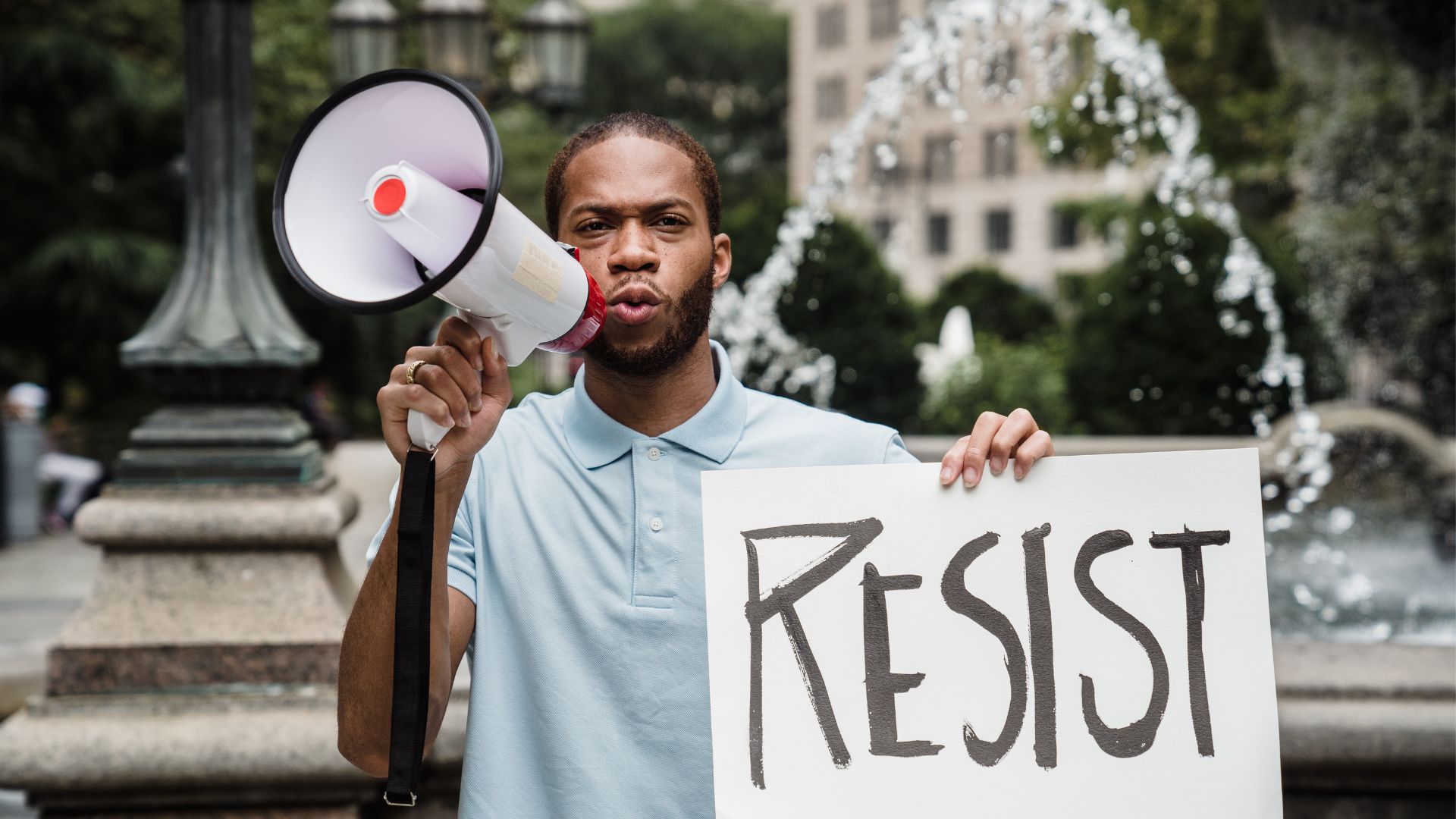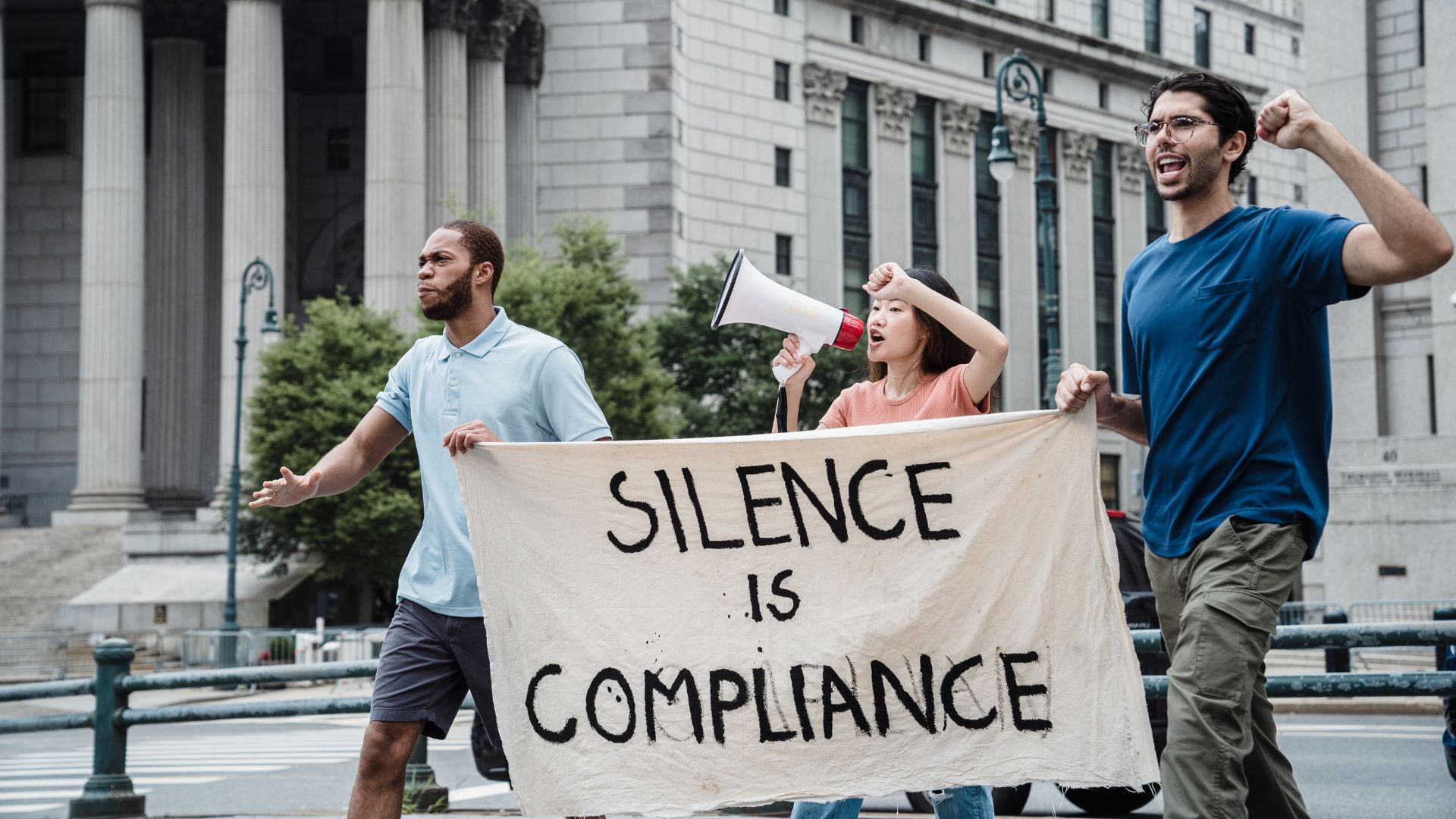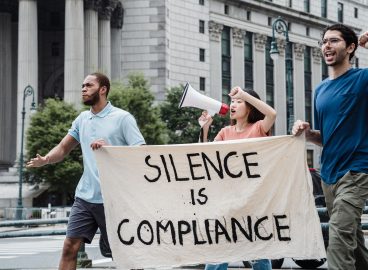Democracy under pressure
A recent study surveyed 6,768 young people from seven countries: the UK, Germany, France, Spain, Italy, Greece, and Poland. The polls were conducted this spring, in April and May. On average, 57% of participants said they prefer democracy as their system of government. In Germany, that figure was much higher – 71% – showing strong trust in democratic values.
In Poland, Spain, and France, the results were noticeably lower. Only 48% of young Poles supported democracy, 52% in France, and 51% in Spain. At the same time, more young people are becoming open to alternative ways of running a country. As many as 21% of all respondents said they could accept an authoritarian government under certain – unspecified – conditions. In Poland, this figure was even higher, at 23%, placing the country among the top three alongside France and Spain.
One in ten young Europeans admitted they don’t really care what political system their country has. Another 14% couldn’t decide either way.
“Democracy is under pressure today, both from within and from outside,” warns Professor Thorsten Faas, a political scientist from the Free University of Berlin and co-author of the report. He points out that what’s especially worrying is that among young right-leaning people who feel economically left behind, support for democracy falls to just one third.



